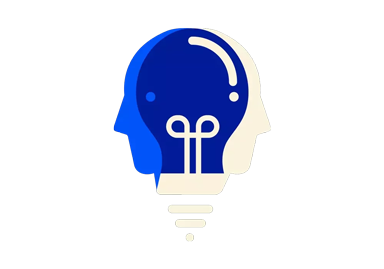"You can't do anything without taking a risk."
When we were overwhelmed by the coronavirus pandemic in 2020, it caused fear and horror around the world: How dangerous was this virus? How should we behave? And when was it all over again? In addition to contact restrictions and curfews, what worried us most was the uncertainty. How did the virus mutate? And was the risk of getting vaccinated with a brand new vaccine greater than not doing so? For our guest in the latest SMP LeaderTalk, the solution is not to have a solution: He says - as hard as it is - uncertainty is something we have to deal with.
"The art of living with uncertainty is something we all have to learn."
Prof. Gerd Gigerenzer is a psychologist and Director at the Max Planck Institute for Human Development. He is interested in the question of how we can make good decisions in uncertain times or under pressure. In his opinion, there is no simple answer. Because sometimes heuristics and intuition are the quickest and best way to reach your goal.
"Intuition is perceived knowledge based on many years of experience."
Gigerenzer spoke to Georgiy Michailov about the heuristics we used during the coronavirus pandemic. How critical thinking can protect us from conspiracy theories. That intuition is not an irrational gut feeling, but an underestimated tool for leaders. And that risk competence can even save our lives.
*Video only in German





